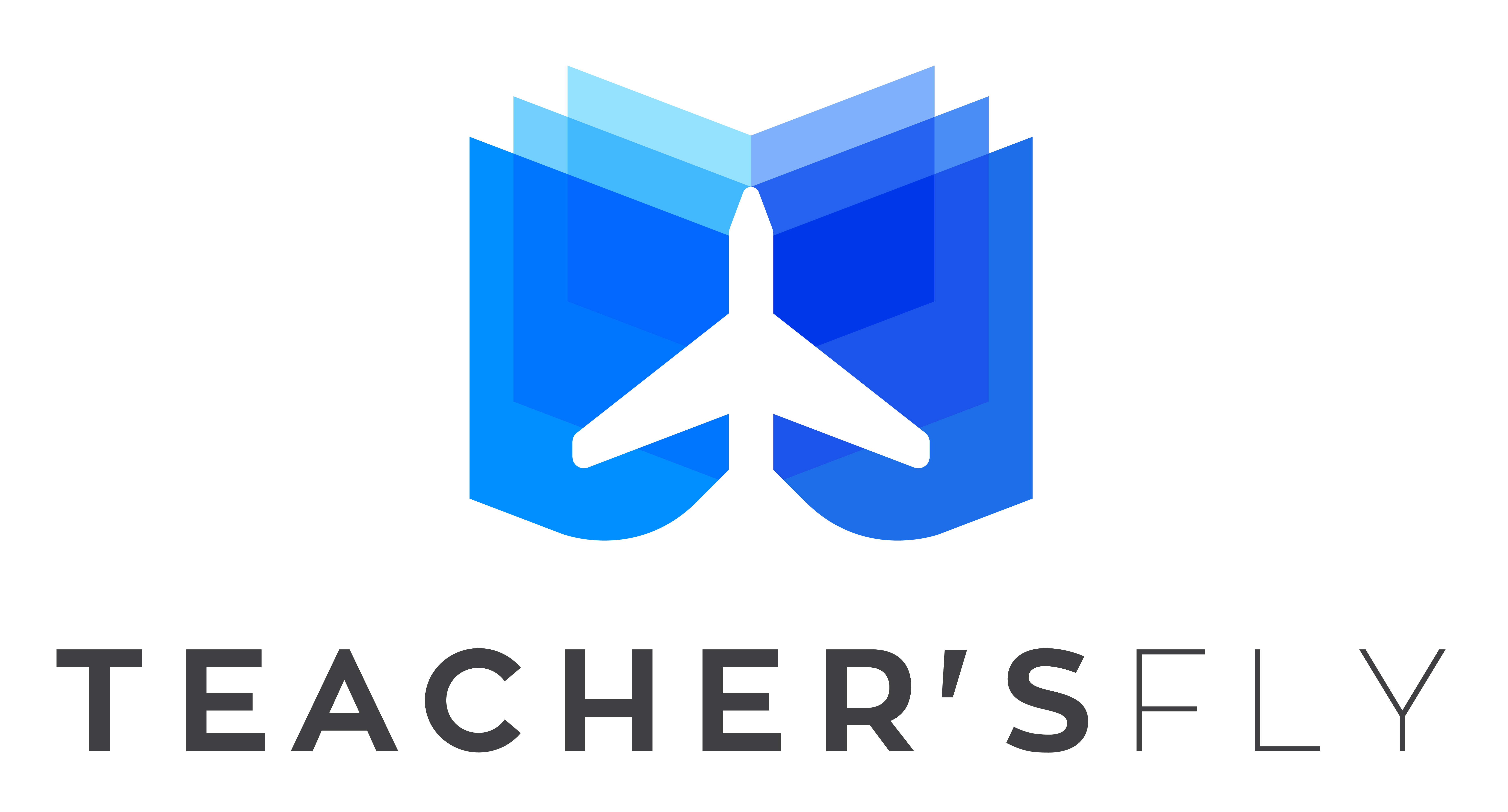
29 Jul Other Search Engines for Students to Try
While Google is the default search engine for many students (either mentally or technically because of browser settings), there are other public search engines for them to use. In some cases using an alternate search engine will give students a different list of results and or may give them the information they’re seeking a little faster than Google does. Here’s a short list of alternative search engines for students to try:
- Bing
- Wolfram Alpha
- DuckDuckGo
- Get The Research
A search on Bing.com often produces the same results as a search on Google.com. The difference in the results is found in the order in which they are presented. This doesn’t necessarily mean that one set of results is better than the other. It simply means that students may end up looking at different websites because of the rankings produced by each search engine.
Wolfram Alpha
Wolfram Alpha bills itself as a computational search engine. It’s probably best known for helping students solve math problems as they can enter a problem and be shown the steps to solve it. An often overlooked aspect of Wolfram Alpha is the ability to enter a query and see a fact sheet displayed about the subject of the query. For example, entering “Martin Luther King” into Wolfram Alpha will result in seeing a fact sheet containing a list of key biographical facts about King’s life. Enter “Martin Luther King” and “John F. Kennedy” as part of the same query on Wolfram Alpha and you’ll see a side-by-side display of fact sheets about each man and see a timeline of where their lives overlapped. For students who need to quickly find just the basic facts about a topic, a query on Wolfram Alpha often leads them to the information they need faster than entering the same query on Google.com
DuckDuckGo
DuckDuckGo is increasing in popularity because of its claim to offer private, untracked searching. Whereas Google and Bing will track your search history (through users’ Google or Microsoft accounts and or via browser settings), DuckDuckGo doesn’t track search history. There is a potential benefit to students using DuckDuckGo in addition to the privacy aspect. By not tracking search habits, DuckDuckGo’s search results are not influenced by a user’s past search and click histories. This has the potential to break students out of a bubble of results that are influenced by their past actions.
DuckDuckGo does offer search results refinement tools similar to those offered by Google. However, you do have to enter those refinements into your query as there is not an “advanced search” menu as there is for Google.com. See the video here for directions on refining DuckDuckGo search results.
Get The Research
Get The Research is a fairly small search engine that is focused on helping people find academic articles. A search on Get The Research will yield a small summary of the searched topic and a list of published academic articles. The articles in the search results will be a mix of open-access articles and paywalled articles. You can filter results to show only open-access articles.
While Google is the default search engine for many students (either mentally or technically because of browser settings), there are other public search engines for them to use. In some cases using an alternate search engine will give students a different list of results and or may give them the information they’re seeking a little faster than Google does. Here’s a short list of alternative search engines for students to try: Bing Wolfram Alpha DuckDuckGo Get The ResearchBing A search on Bing.com often produces the same results as a search on Google.com. The difference in the results is found in the order in which they are presented. This doesn’t necessarily mean that one set of results is better than the other. It simply means that students may end up looking at different websites because of the rankings produced by each search engine. Wolfram AlphaWolfram Alpha bills itself as a computational search engine. It’s probably best known for helping students solve math problems as they can enter a problem and be shown the steps to solve it. An often overlooked aspect of Wolfram Alpha is the ability to enter a query and see a fact sheet displayed about the subject of the query. For example, entering “Martin Luther King” into Wolfram Alpha will result in seeing a fact sheet containing a list of key biographical facts about King’s life. Enter “Martin Luther King” and “John F. Kennedy” as part of the same query on Wolfram Alpha and you’ll see a side-by-side display of fact sheets about each man and see a timeline of where their lives overlapped. For students who need to quickly find just the basic facts about a topic, a query on Wolfram Alpha often leads them to the information they need faster than entering the same query on Google.com DuckDuckGoDuckDuckGo is increasing in popularity because of its claim to offer private, untracked searching. Whereas Google and Bing will track your search history (through users’ Google or Microsoft accounts and or via browser settings), DuckDuckGo doesn’t track search history. There is a potential benefit to students using DuckDuckGo in addition to the privacy aspect. By not tracking search habits, DuckDuckGo’s search results are not influenced by a user’s past search and click histories. This has the potential to break students out of a bubble of results that are influenced by their past actions. DuckDuckGo does offer search results refinement tools similar to those offered by Google. However, you do have to enter those refinements into your query as there is not an “advanced search” menu as there is for Google.com. See the video here for directions on refining DuckDuckGo search results. Get The ResearchGet The Research is a fairly small search engine that is focused on helping people find academic articles. A search on Get The Research will yield a small summary of the searched topic and a list of published academic articles. The articles in the search results will be a mix of open-access articles and paywalled articles. You can filter results to show only open-access articles. Free Technology For Teachers, Google Alternatives, how to, search, Search Engines, web search strategiesRead More
Free Technology For Teachers, Google Alternatives, how to, search, Search Engines, web search strategiesRead More


Sorry, the comment form is closed at this time.